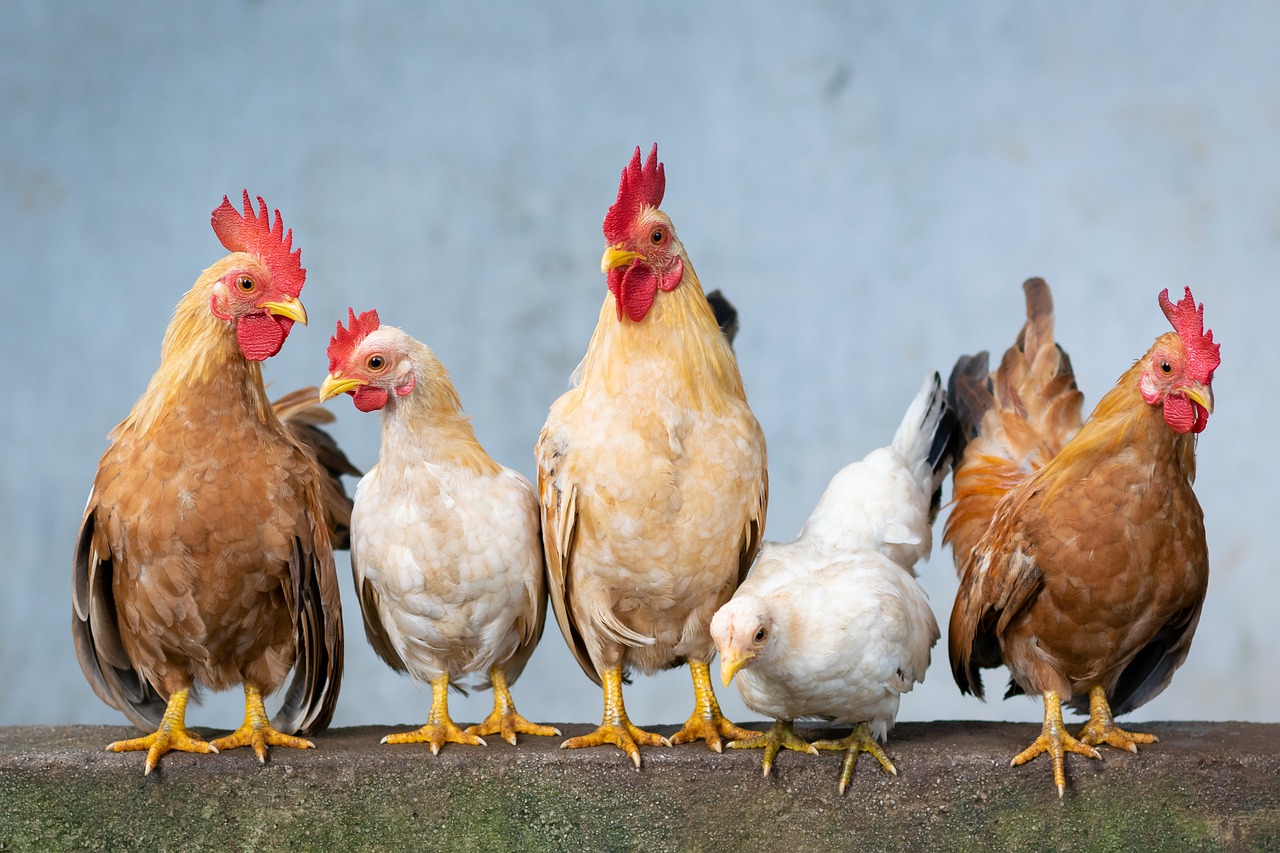Crafting a Self-Care Sanctuary: Nurturing Your Well-being in Every Season
Self-care is often neglected due to our busy schedules and numerous responsibilities; time for oneself is elusive. A moment of reflection is advocated for in this blog post. Self-care is regarded not as a luxury but as an essential component of maintaining one's health; deliberation on this subject is being undertaken. Learning about self-care techniques is a focal point; establishing a personal sanctuary amidst the whirlwind of life's expectations is explored.
Self-care isn't just a trendy word; it's an active way to care for your physical, social, and mental health. Being aware that your needs are real and should be met. Often, it's the little things that are done over and over again that have the biggest effect. People can make self-care unique, which is what makes it so beautiful. You can't use the same method for everyone. Think about what really makes you feel better. What could it be? A quiet moment with a book, a long walk, or even a cozy night in. You can make a self-care practice that really works for you if you know what those needs are. Taking care of ourselves can be hard because it can get in the way of our daily lives. Start out small. It is important to stick with it, whether practicing mindfulness for a few minutes, planning regular breaks, or doing something you enjoy. You can improve your general health and resilience by making self-care a must-do part of your day.
 |
| IMAGE SOURCE |
Self-care is your shield, no doubt, and it's your weapon against the world's chaos and festivities honoring your worth. Taking time for yourself isn't selfish; instead, it's vital and unmissable. Notice how you need different things as the seasons tilt and shift. May this reminder assist you while you nurture a better, more compassionate companionship with yourself. What matters is that your self-care space gives you quiet strength delivered unbelievably at all times throughout the circle of the year.












